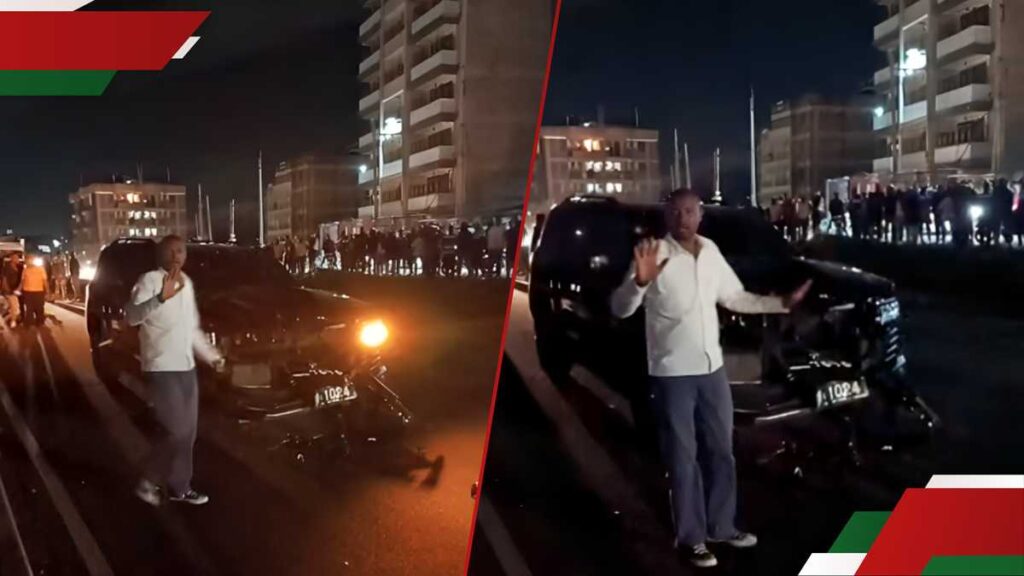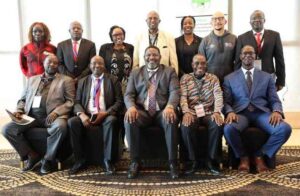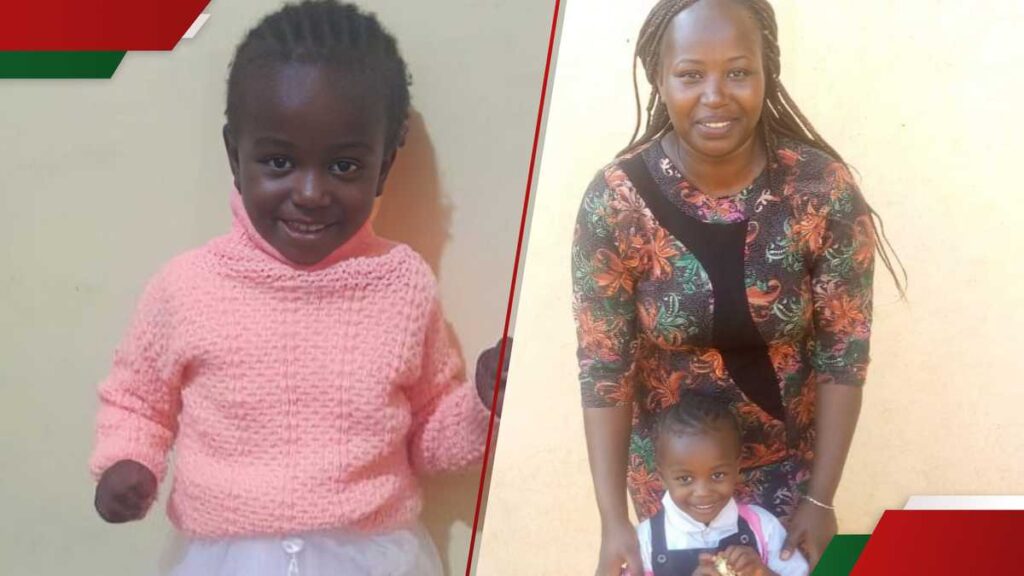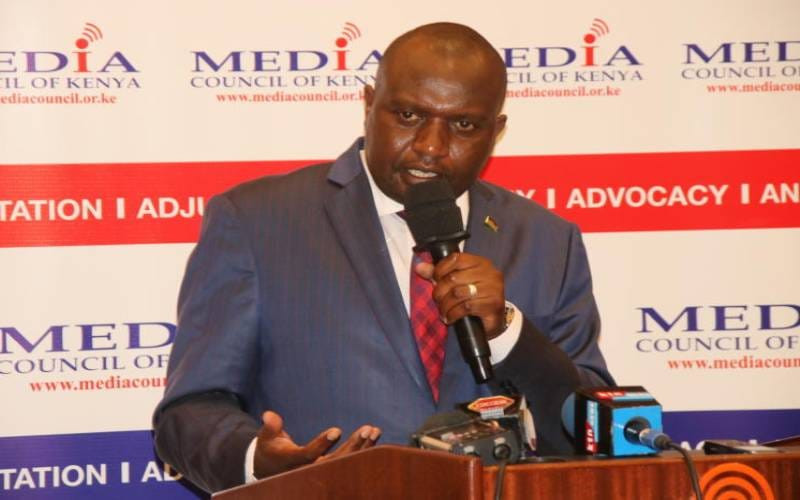Frequency of deaths in custody is raising a great deal of fear, creating a perception of a somewhat angry State that is intensifying war with civilians.
Equally painful is the fact that the concerned families find themselves in complex dilemmas and confusion, of how to gather information on when, where, why, how, and in whose specific hands their kin died.
It illustrates how invasive, aggressive and dismissive police are, such that for an ordinary and timid family to access information, which the police hold knowing they could easily be implicated in murder, is no mean task. If the family ever gets answers, they are bound to be incomplete, inconsistent and will more often than not be insufficient to support their claim for justice. Instead their case will most likely fall apart before it begins, setting free those responsible, and emboldening impunity in Kenya.
The pomposity of CSs, MPs and other pro-government politicians in telling off human rights defenders and swearing to brook no restraint in silencing critics, betray the warrior-mindset the political class has cascaded to the police. This politician-police affinity leaves little doubt as to who is giving orders. It further justifies the public fear that police, which is essentially State-centered, will exploit every loophole to manipulate security operations in the process of arrest or interrogation of ‘suspects’ to introduce criminal angle, and justify torture, and in case of death in the cells none of them will be found culpable.
In spite of all this, no one should overlook the fact that majority of the police do good work of fighting crime, and they stick to their law and order duties. However the emergence of goons operating side-by-side the police marks a historic traumatizing phase of privatization of violence characterized by more intense and indiscriminate brutality against the youth as if police are fighting off some invading army or bands of combatants. It has only helped to expose the extent police have veered off the course of their constitutional mandate of acting solely in public interest, and how they have resorted to defending private interest. In their desperation to leave a mark of obedience to their masters, they are decidedly tougher on politics of prohibition to free expression and demonstration than crime prevention.
READ: Killed by police: Death of blogger in cells raises questions over transparency
Unanswered, are several questions of how police handle suspects. Unfortunately such concerns, which previously were investigated by commissions, end up reducing their recommendations to reform police training, improve police culture and better terms and conditions of employment like salary and housing.
Yet the issues the GenZs raised have nothing to do with police training or living conditions. They have everything to do with socioeconomic insecurity of GenZs as the majority population suffering under skyrocketing cost of living, poor housing, hostile business environment, unemployment and threats of corruption. And all the youth did was to diplomatically raise those concerns with the State which, at any rate, is constitutionally obligated to address human insecurity.
But when the State responded brutally, fictionalizing the legitimate concerns as avenue to looting or coup plan to fit them in criminal, terrorist and treason definitions, it had already veered off the course of its mandate to protect all citizens. It was no longer a State to which the insecure civilians could run; it had become the insecurity.
This is not to underestimate the importance of police training. Indeed in view of recent democratic and constitutional changes, and the importance attached to gender, human rights and freedom of expression, police need to regularly update their skills. But looking back on the circumstances surrounding the death of blogger Albert Ojwang’, police with all the previous training, skill updates and higher education required at entry point, combined with oversight mechanisms such as IPOA, they would have shamelessly quietened the country with a fabricated suicide narrative to escape responsibility of injuring, torturing and murdering Ojwang’.
ALSO READ: Questions as another man dies in police custody in Bondo
Amnesty International in their guide to investigate ‘Death in Custody’, recognizes the complex challenges of obtaining accurate information from cells and custody. Under the prevailing circumstances in Kenya and other African states, reliable reports will require a lot of intensive research, follow ups and analysis. It implies greater vigilance by lawyers, journalists, human rights defenders, and cooperative insiders in custody or cells and non – State actors to get justice without which Ojwang’s cause of death would have been known to only those few who did it, thanks to easy to use electronic gadgets like cameras and recorders.
Geoffrey Njuguna, son of GG Muiruri one of the Koigi Four who was in custody for years and was later jailed says his family kept track of his moods, temperament, weight, energy levels and morale throughout his stay in custody and prison. This data later became central to human rights networks’ initiative to demand accountability, and seek intervention when ill-treatment or sickness, was suspected. ‘We had enough data to cite to prove suffering as a basis for release call,’ Njuguna says warning that families of people in custody must mobilize people with the requisite skills as well as build relationship with officers incharge to consistently monitor their kin.
Stay informed. Subscribe to our newsletter
While people incarcerated retain all rights including freedom from torture under Article 25(a), the Independent Medico-Legal Unit (IMLU) notes, families retain their the right of access, whether the person is in cell or remand custody. Criminologist Gicheru Kamore who served in Kenya Prisons for 30 years including as regional commander, notes that the Occurrence Book in case of police station, and Admission Register, in case of prison, are colonial relics initially designed as oppressive tools to support State interests rather than serve the person incarcerated. ‘As designed they are inadequate in capturing data out of which to reconstruct a reliable report. In view of this families need to supplement that information through research and documentation, Kamore says.
The State – GenZs dispute continues the safety of those in cells and custody may continue to arise. The faster the Government recognizes that grievances over unemployment and poverty or corruption are not solved by militarized police action, the better for the country. The sooner police get out of that space the better for overall peace in Kenya, rights groups say.

























